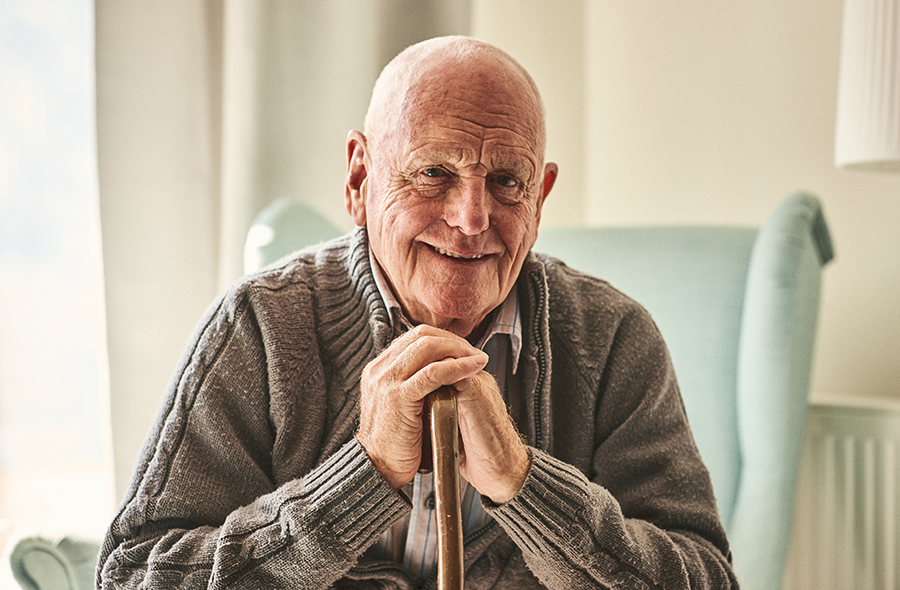Shielding guidance to be relaxed from 6 July
In Health & NHS
Follow this topic
Bookmark
Record learning outcomes

Advisory guidance is being eased for 2.2 million clinically extremely vulnerable people across England, as the infection rate from coronavirus continues to fall. From 6 July, those shielding from the virus will be able to gather in groups of up to 6 people outdoors and form a ‘support bubble’ with another household.
The government’s shielding support package will, however, remain in place until the end of July, at which point people will no longer be advised to shield.
From 1 August the guidance will be relaxed so clinically extremely vulnerable people will no longer be advised to shield, although support will remain available from NHS volunteers and local councils. People will retain their priority for supermarket delivery slots, and still be able to access help with shopping, medication, phone calls and transport to medical appointments.
From 1 August, those who need to work and cannot do so from home will be able to return to work as long as their workplace is Covid secure, adhering to the guidance available, the government says.
“Shielding was introduced to safeguard those who, at the start of the epidemic in the UK, were thought to be most clinically vulnerable in our communities. We know how difficult this period has been and the impact shielding has had on many people’s mental health,” said deputy chief medical officer Dr Jenny Harries.
“The prevalence of the virus in the community is now lower and chances of getting infected are reduced, so we believe it is the right time to relax some of the advice so people can start to regain a degree of normality once more in their daily lives. We will continue to monitor the evidence closely and adjust the advice accordingly if there are any changes in the rates of infection that could impact on this group.”
Following this review of the shielding measures, the government will be writing to all individuals on the Shielded Patient List with updated information on shielding advice and the ongoing support that will be available to them.
On average less than 1 in 1,700 people are now estimated to have the virus, down from 1 in 500 a month ago.
